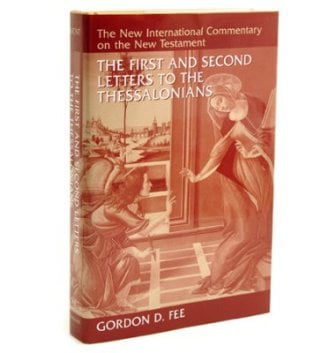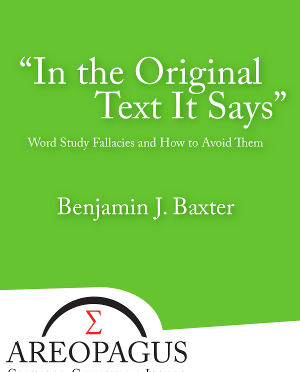7:34 AM Vituperation. Noun meaning abusive language, a sustained and bitter condemnation. Synonyms include invective, disparagement, vilification, scolding, condemnation, opprobrium, obloquy, castigation, attack, censure, vitriol, venom. From Latin vituperatio, from the past participle of vituperare, “disparage.” Examples include:
Four years later, in a contest marked by grotesque vituperation, Jefferson beat Adams.
Accordingly, Puerto Ricans experienced many of the same denigrating conditions familiar to African-Americans: housing segregation, inferior schools, job discrimination, media vituperation and everyday violence.
A more negative and ungodly human trait can scarcely be imagined. I once worked for a man in California who used abusive language constantly. It was a well-paying job so I overlooked his fault until one day he turned his opprobrium on me. The next day he had my resignation on his desk. (I’m ashamed it took me so long.) We humans tend to vilify others when we disagree with them. We revel in other people’s humiliation. Some of us vilify others by talking behind their backs. Others are happy to use abusive language in public. Nazi propaganda even published children’s books that vilified Jews. Last year Facebook and Twitter spent much of their time cataloguing Russia-backed ad spending on their sites to vilify certain presidential candidates in the 2016 election. Someone has said, “To bake a vilification cake, just add ignorance and stir.” All wrong recoils upon the vilifier. He or she finds ugliness attractive. Edgar Allan Poe once wrote, “To vilify a great man is the readiest way in which a little man can himself attain greatness.” If I were to call someone “very insecure,” “lightweight,” “totally unhinged,” “dishonest,” “totally biased,” “a total loser,” or “sick” in public, odds are that I’d only be describing myself.
People seem to vilify others more in politics than other fields of endeavor. John Ehrlichman, a key player in the Watergate scandal, once famously said:
The Nixon Campaign in 1968, and the Nixon White House after that, had two enemies: the antiwar Left, and black people. You understand what I’m saying? We knew we couldn’t make it illegal to be either against the war or black. But by getting the public to associate the hippies with marijuana and blacks with heroin, and then criminalizing both heavily, we could disrupt those communities. We could arrest their leaders, raid their homes, break up their meetings, and vilify them night after night on the evening news. Did we know we were lying about the drugs? Of course we did.
Ehrlichman was convicted of perjury, obstruction of justice, and conspiracy and sent to prison.
The reason I’m bringing this up? In our passage for the week, 1 Thess. 2:13-16, Paul is said by some scholars to be using vituperation/invective. One commentator, for example, refers to Paul’s “attack on the Jewish people.” He says that Paul and other New Testament writers used “vituperation directed at the Jewish people as a tool in the struggle,” never dreaming “of the consequences of their statements on subsequent generations.” Well, I’m not buying it. As Willi Marxsen has shown, an anti-Semitic interpretation of 1 Thess. 2:13-16 can be held only when these verses are disconnected from their context (Einleitung in das Neue Testament, pp. 48ff.). I’ve already blogged about the punctuation at the end of verse 14. The difference is between restrictive and non-restrictive clauses. So if you punctuate the text as is commonly done (“… the Jews, who killed the Lord Jesus…”), I think you’re missing Paul’s point big time. A more accurate rendering, in my view, would be:
You suffered the same persecutions from the people of your own country as they did from those Jews who killed the Lord Jesus (ISV).
It’s clear that Paul’s words are directed at only those Jews who were hostile towards the Gospel and, indeed, his words aren’t aimed at Jewish opponents alone, insofar as the readers’ own countrymen (who were Gentiles) were attempting to thwart Paul’s evangelistic efforts. In class Tuesday night we’ll talk about this subject. We have to. A large part of exegesis comes down to observing carefully the details of a passage. It requires us to disabuse ourselves of our attachment to modern marks of punctuation (which for the most part are merely the contributions of editors). It all boils down to a close reading of the text, a willingness to consider the context, and an ability to read commentaries discerningly and even suspiciously.
Is vituperation a characteristic of the world’s most loving and selfless apostle? I think not. Such a character flaw is only descriptive of small people. Very small people.
(From Dave Black Online. Used by permission. Dave Black is author of The Jesus Paradigm, Running My Race, Seven Marks of a New Testament Church, and many other books.)




